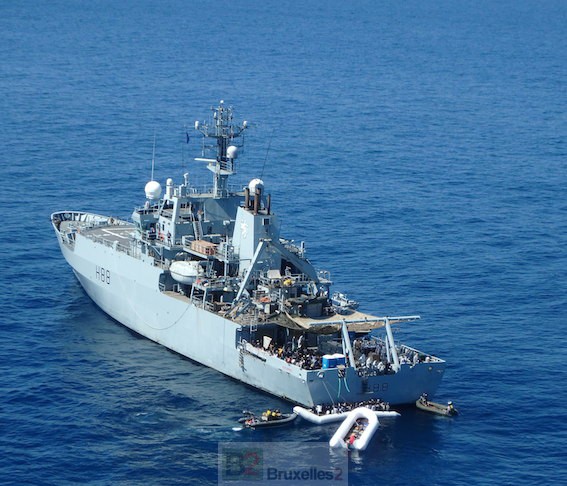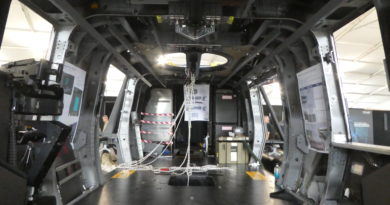1989. In the countryside, information is a challenge for democracy
(archives) If in the big cities (Prague, Bratislava, Brno…) the movement has reached a point of no return in its strength and its organizational capacity, in the provinces the situation is somewhat different. The campaigns were poorly informed. What is at stake in the struggle for democracy rests here more than ever on the power of information.
Also, students and actors, the two leading groups of the opposition movement, have been traveling the country for ten days. The further east they go, towards the Soviet Union, the less people are informed; a lag that some observers estimate at least three days. Packed three or four per car, they inform the inhabitants of the villages, discuss with the workers and peasants, or bring information material to the local opposition groups which have spontaneously formed. A mission that is not yet devoid of any risk. Thus in Novesamski, a student was arrested on Saturday by the police and kept in custody for a few hours, then threatened to be kept in prison to make him confess where the leaflets he was carrying were printed.
The role of the Church
Even if since Friday in Slovakia - Saturday in Czech country -, the rebroadcasting by national television and radio played enormously in the direction of a liberalization of the spirits; even now, in many villages, the inhabitants remain rooted in fear, especially the oldest, those who experienced 1968 and refuse any contact with the outside world. Witness the old ladies at Laksarska Novà Ves who refused the leaflets given to them by the students. It is ultimately the parish priest who will take them and distribute them to the parishioners. The Church which plays the role, in these very believing populations, of "relaxation of the spirits". The reading from the pulpit throughout the country of Bishop Tomasek's speech and the presentation of the main demands have made it possible to move in this direction. Because as one of the most famous singers in Czechoslovakia, Jozo Raz, leader of the group Elan, points out, "the mind has suffered here more than the belly" and to add "all want change, but not all act, because fear still reigns. Pavel, a medical student from Bratislava, continues "the communist system is designed in such a way that it imposes an absolute system of pressure on minds, by a mechanism that resembles a real mafia".
This fear is cleverly maintained by certain local officials of the Communist Party or town halls who pay little attention to the changes that have taken place in the capital and put pressure on the population. Even, a few kilometers from Bratislava, the capital of Slovakia, the mayor thus prevented the population from gathering and listening to the students who had come from Bratislava. One of the officials even broadcast on the amplifiers in the street a call for distrust… towards the demonstrators. Further east, in Namestovo in the Orava region, one of the poorest in the country, so-called "lawyers" walk around town advising people to "Do not talk to students because it is against the law and they risk serious trouble". The workers' militia, which only has a female worker in name, even intervened in the factories to prohibit any contact between the workers and the students. Ignoring this, they held a meeting in the street, joined in this by many workers.
Nicolas Gros-Verheyde, in Bratislava
(article published in the Quotidien de Paris, November 1989)

